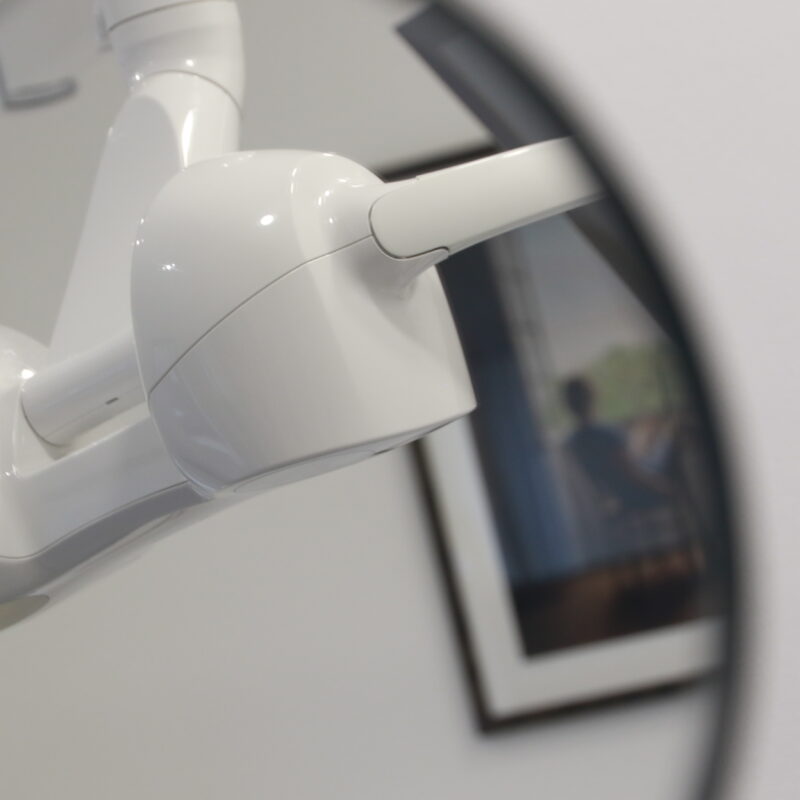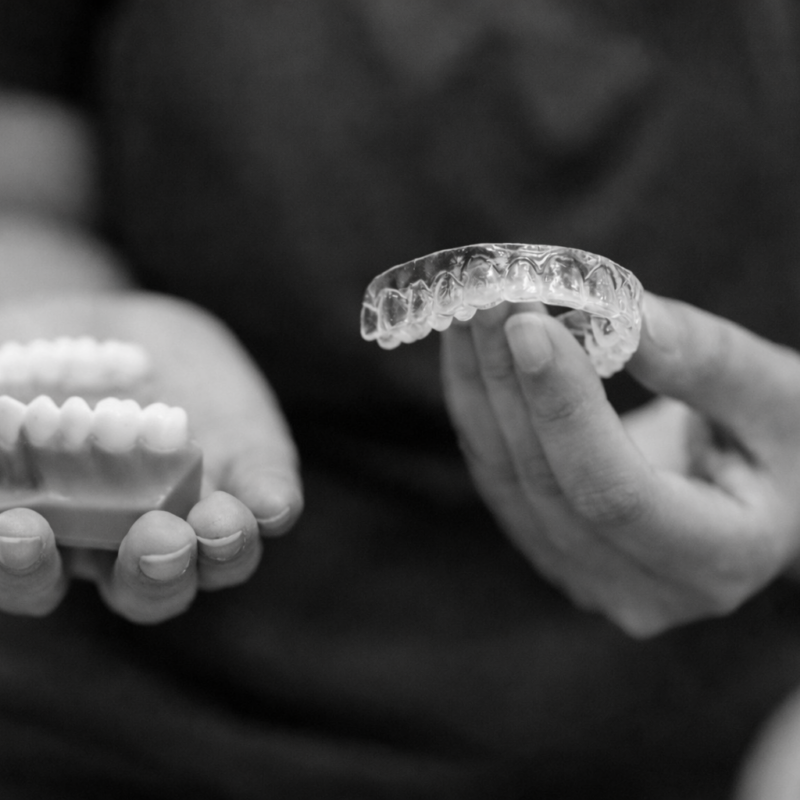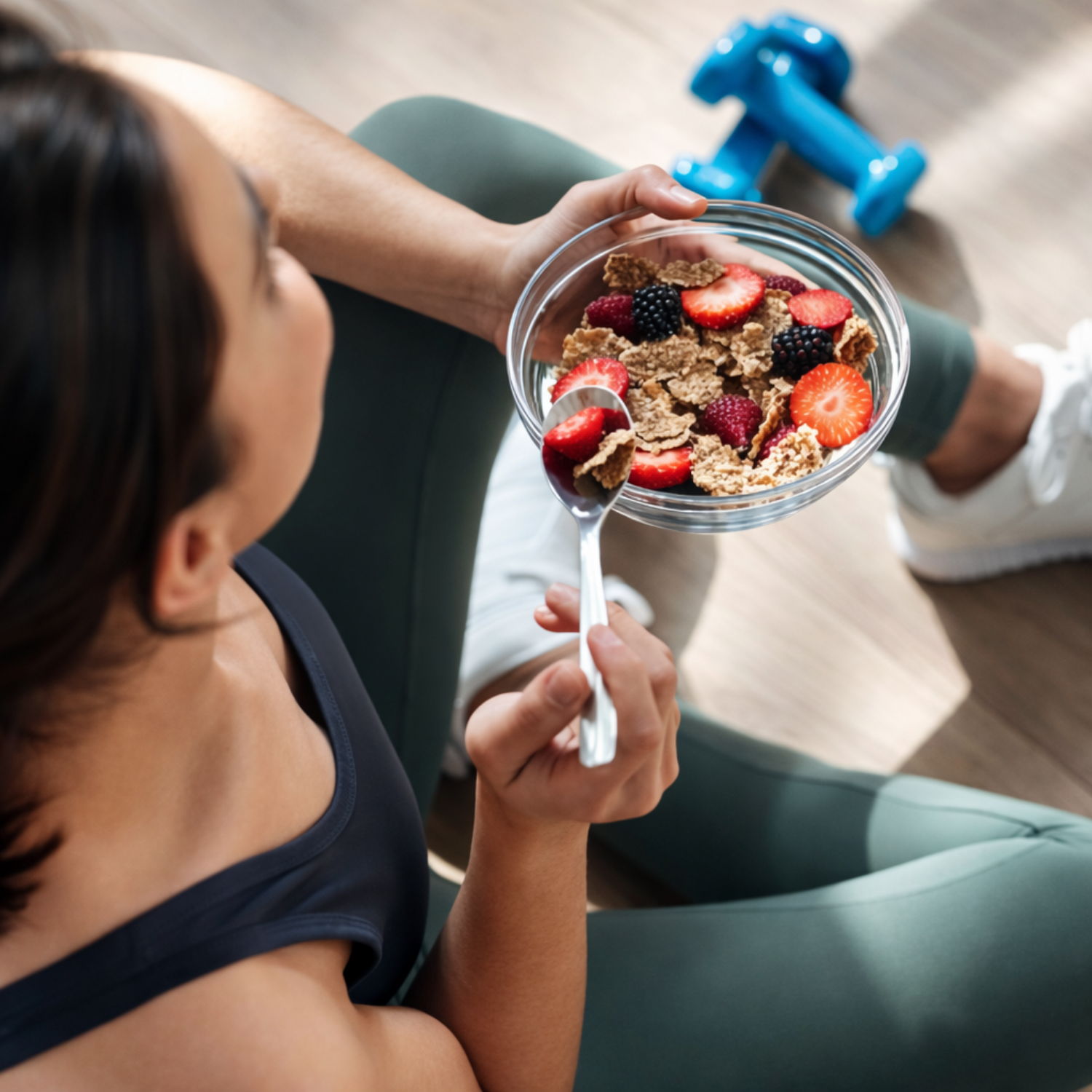
Oral surgery and invasive dental procedures, such as extractions, implants, and periodontal surgery, place measurable physiological demands on the body. While skilled surgical technique and post-operative care are crucial, nutrition is a key determinant of recovery quality, healing speed, and complication risk. What you eat before and after your procedure can directly influence immune response, tissue repair, inflammation, and overall comfort.
Why Nutrition Matters in Oral Surgery
Immune Function and Infection Prevention
Surgical trauma triggers an inflammatory response that requires optimal immune function. Key micronutrients such as vitamin C, zinc, and vitamin A are essential for leukocyte activity, collagen formation, and epithelial repair. Deficiencies can compromise immunity, increasing susceptibility to post-operative infections and delaying tissue regeneration.
Patients with adequate vitamin C and zinc intake often experience fewer post-operative complications and faster soft-tissue healing.

Tissue Repair and Collagen Formation
Collagen is the primary structural protein in oral mucosa and gingival tissue. Amino acids from dietary proteins, particularly arginine, glycine, and proline, are essential for fibroblast activity and collagen synthesis. Insufficient protein intake can result in delayed epithelialisation, slower wound closure, and increased risk of suture failure.
Protein-energy malnutrition has been shown to significantly prolong oral wound healing in clinical studies.
Haemostasis and Circulatory Support
Blood clot formation is essential after surgery to prevent post-operative bleeding. Vitamins K and C, iron, and B-complex vitamins contribute to platelet function, vascular integrity, and haemoglobin synthesis. Poor nutrition in these areas can compromise clot stability, delay recovery, and increase bruising or swelling.
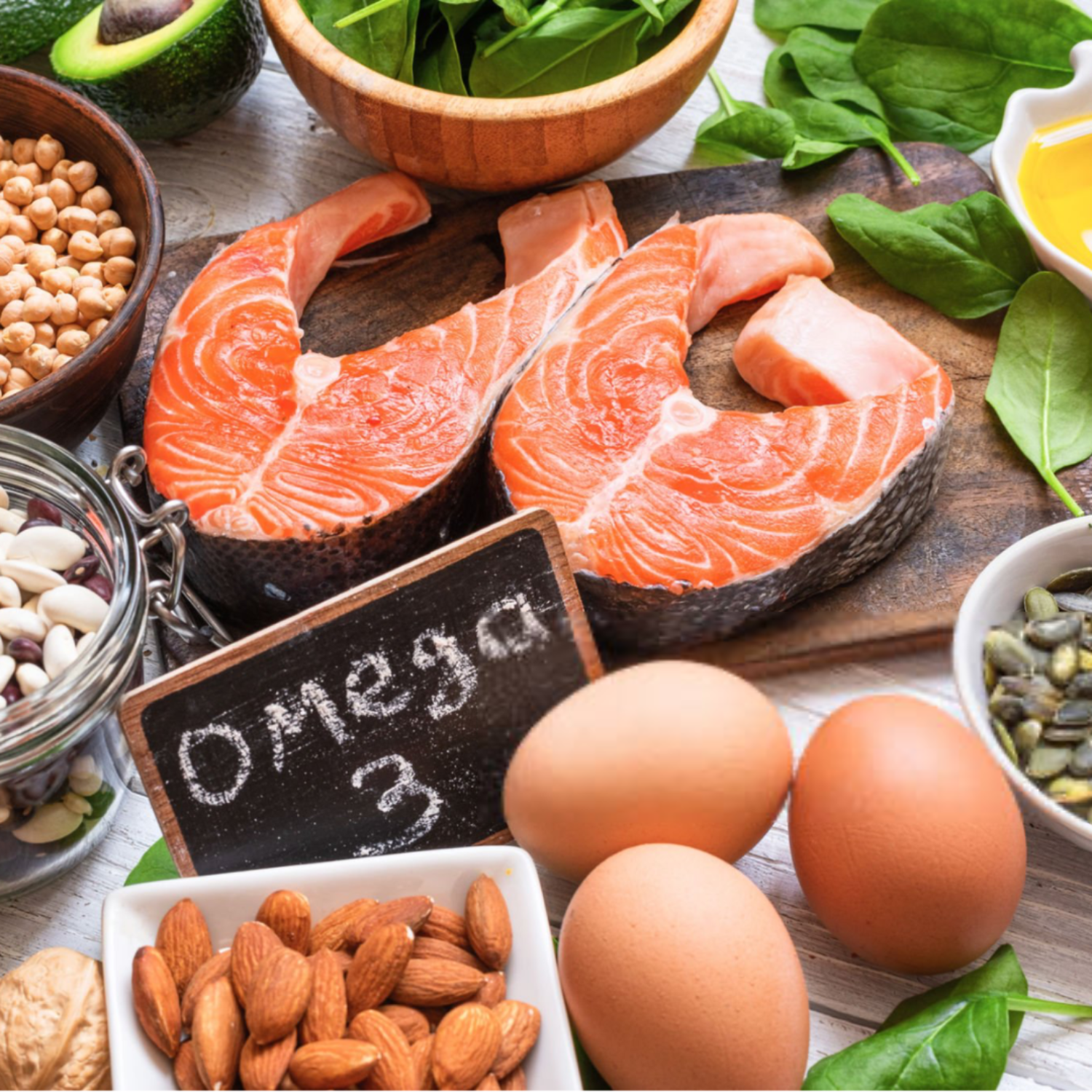
Modulating Inflammation and Oxidative Stress
While inflammation is a natural and necessary part of healing, excessive or prolonged inflammation can exacerbate swelling, pain, and discomfort. Antioxidant-rich foods (e.g., berries, citrus, leafy greens) and omega-3 fatty acids (e.g., oily fish, flaxseed) help regulate inflammatory pathways, reduce oxidative stress, and support a smoother recovery.
Energy and Metabolic Support
Surgical procedures increase metabolic demands. Adequate caloric intake ensures the body has energy for immune function, tissue repair, and maintaining overall physiological stability. Energy deficits may result in fatigue, delayed healing, and prolonged recovery times.
Pre-Operative Nutrition: Days Leading Up to Surgery
Patients can actively enhance their recovery by focusing on nutrient-dense foods in the days before surgery:
Proteins: Lean meats, fish, eggs, legumes – essential for collagen formation and cellular repair.
Vitamins A, C, and D: Support epithelial integrity, collagen synthesis, and bone health.
Minerals: Zinc and iron – critical for immune function and oxygen transport.
Complex carbohydrates: Whole grains – stabilise blood glucose and provide sustained energy.
Healthy fats: Olive oil, avocado, and oily fish – reduce inflammation and support cellular membranes.
Avoid or minimise: alcohol (impairs platelet function and immune response), highly processed foods (low nutrient density), and excessive refined sugar (promotes inflammation and disrupts the oral microbiome).
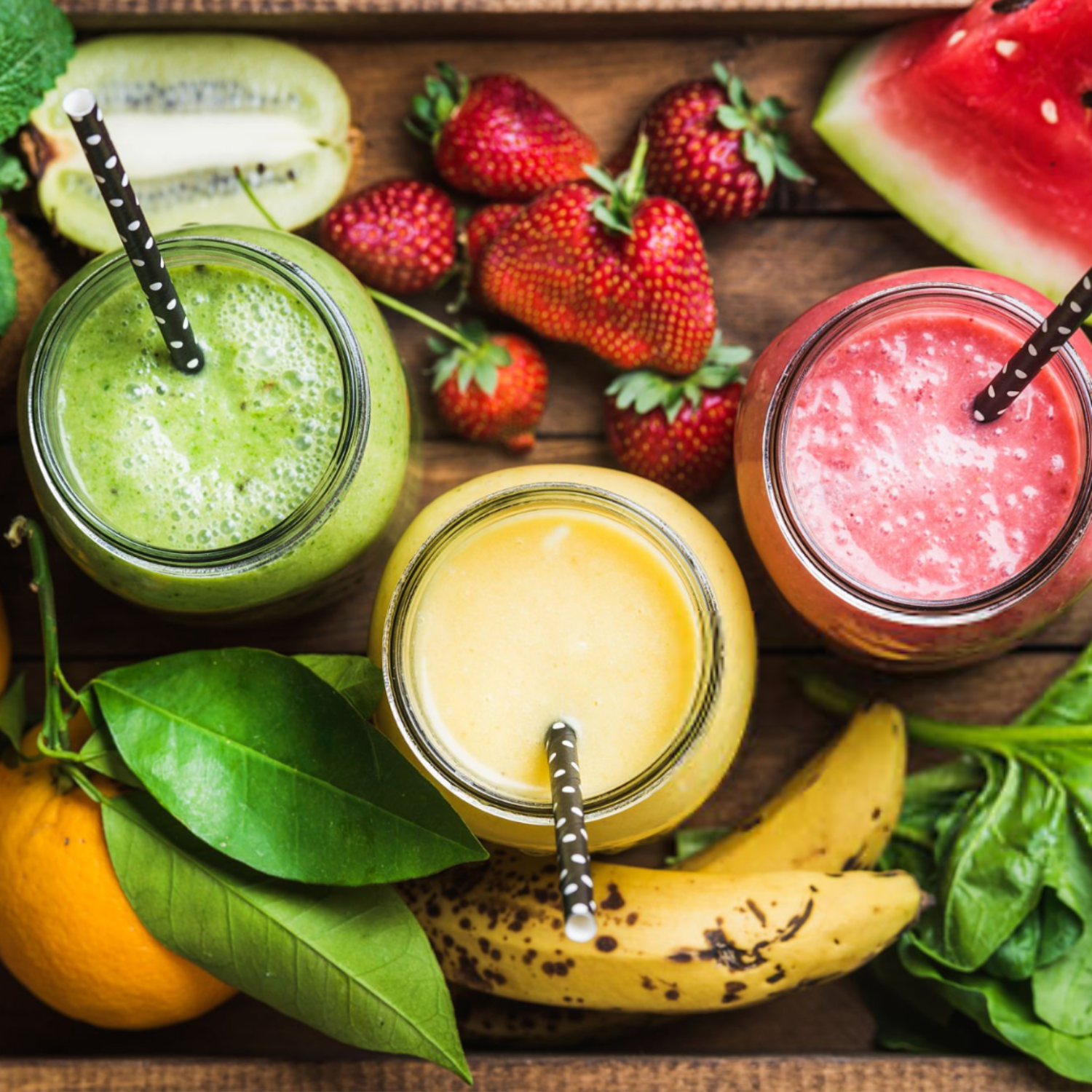
Nutrition on the Day of Surgery
Adherence to fasting instructions is crucial for anaesthetic safety. When permitted:
Light, easily digestible meals: smoothies, yoghurt with fruit, or porridge.
Avoid heavy or fatty foods, which may increase nausea under sedation.
Hydration: water or permitted clear fluids to maintain circulatory function and prevent dehydration.
Post-Operative Nutrition
Immediately after surgery, tissue trauma, swelling, and discomfort often limit chewing ability. Nutrition should focus on supporting healing and reducing stress on surgical sites:
Soft, nutrient-rich foods: Mashed vegetables, pureed soups, custard, yoghurt, protein-enriched smoothies.
Hydration: Adequate fluid intake maintains tissue perfusion and aids metabolic recovery.
Anti-inflammatory nutrients: Omega-3s and antioxidant-rich foods help modulate swelling and oxidative stress.
Avoid: hard, crunchy, or sticky foods; hot or spicy foods; alcohol and smoking, which impair microcirculation and immune response.

Ongoing Recovery
As healing progresses:
Gradually reintroduce solid foods while maintaining protein and micronutrient intake.
Continue consuming antioxidant-rich foods to mitigate oxidative stress.
Ensure adequate caloric intake to meet elevated metabolic demands and prevent fatigue.
Small, frequent meals rich in protein and vitamins may be easier to tolerate than larger meals.
Key Takeaways
Nutrition is an integral part of surgical recovery, influencing immune response, tissue repair, haemostasis, inflammation, and energy levels.
Adequate intake of protein, vitamins, minerals, and healthy fats supports faster and more comfortable healing.
Avoid substances that impair recovery: alcohol, refined sugars, highly processed foods, and smoking.
Follow the clinician's instructions on fasting and permitted fluids before surgery.
Post-operative nutrition should be soft, nutrient-dense, and hydrating, gradually returning to a normal diet as healing permits.
Nutrition for Oral Surgery: What to Eat and Avoid
Stage | Recommended Foods | Foods to Avoid | Why It Matters |
Days Before Surgery | Lean meats, fish, eggs, legumes; leafy greens; citrus, berries; whole grains; olive oil, avocado, oily fish | Alcohol, highly processed foods, refined sugar | Supports collagen synthesis, immune function, bone health, and reduces inflammation. Prepares the body for tissue repair and haemostasis. |
Day of Surgery | Light, easily digestible meals if allowed: smoothies, yoghurt, porridge; clear fluids | Heavy, fatty, fried foods; fizzy drinks; alcohol | Ensures safe anaesthesia, prevents nausea, maintains hydration and energy levels. |
Immediately Post-Surgery (0–48 hours) | Mashed vegetables, pureed soups, custard, yoghurt, protein-enriched smoothies; water, herbal teas | Hard, crunchy, sticky foods; spicy or acidic foods; alcohol; smoking | Minimises mechanical stress on sutures, provides protein and micronutrients for wound healing, supports hydration, and modulates inflammation. |
Early Recovery (3–7 days) | Gradually reintroduce soft solids; continue protein-rich foods; antioxidant-rich fruits and vegetables | Very hard foods; excessive sugar; alcohol | Maintains collagen formation and immune support, reduces oxidative stress, allows gradual adaptation to normal diet. |
Full Recovery (>7 days, as advised by clinician) | Balanced diet: lean protein, whole grains, fruits, vegetables, healthy fats | Unbalanced diets low in nutrients; alcohol; smoking | Supports ongoing tissue repair, maintains energy, and reduces risk of delayed healing or complications. |

Tips for Patients
- Eat small, frequent meals if your appetite is low.
- Include a source of protein at every meal to support collagen synthesis.
- Hydrate consistently — water and herbal teas are best.
- Avoid habits or substances that compromise healing (alcohol, smoking, sugary snacks).
Conclusion
Nutrition is not just a background factor — it is a critical, active component of oral surgery outcomes. Patients who plan their diet before surgery and continue to prioritise healing-supportive foods after surgery experience faster recovery, fewer complications, and better overall comfort. By understanding the physiological basis for these dietary recommendations, patients can take control of their recovery and support their body’s natural healing processes.
More
from the blog
Blog /Advice
Veneers Vs composite bonding
An Evidence-Based Comparison of Two Popular Cosmetic Dental Treatments
Read moreBlog /Advice
Is High-Fluoride Toothpaste Safe?
Benefits, Risks, and How It Protects Against Tooth Decay
Read moreBlog /Advice
PRF facials - Platelet-Rich Plasma
Learn how platelet-rich fibrin treatments naturally restore youthful skin
Read more


